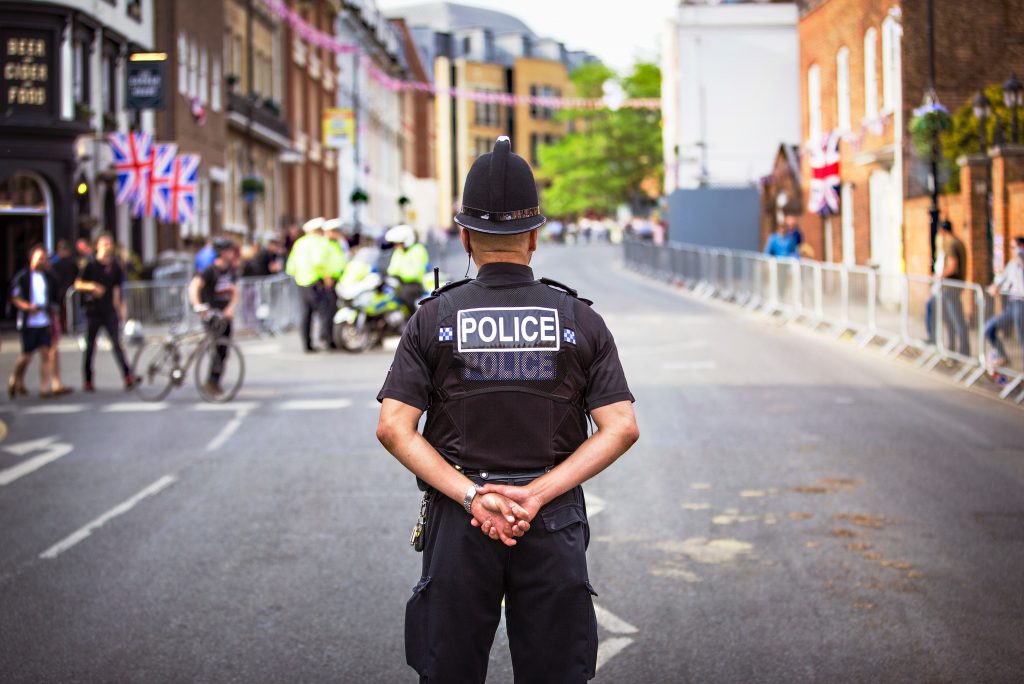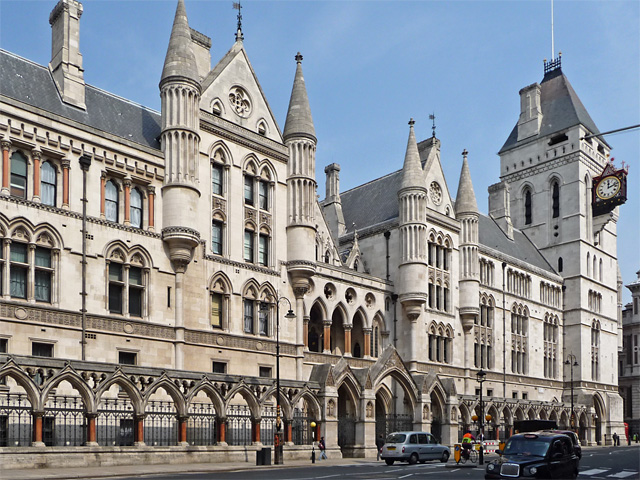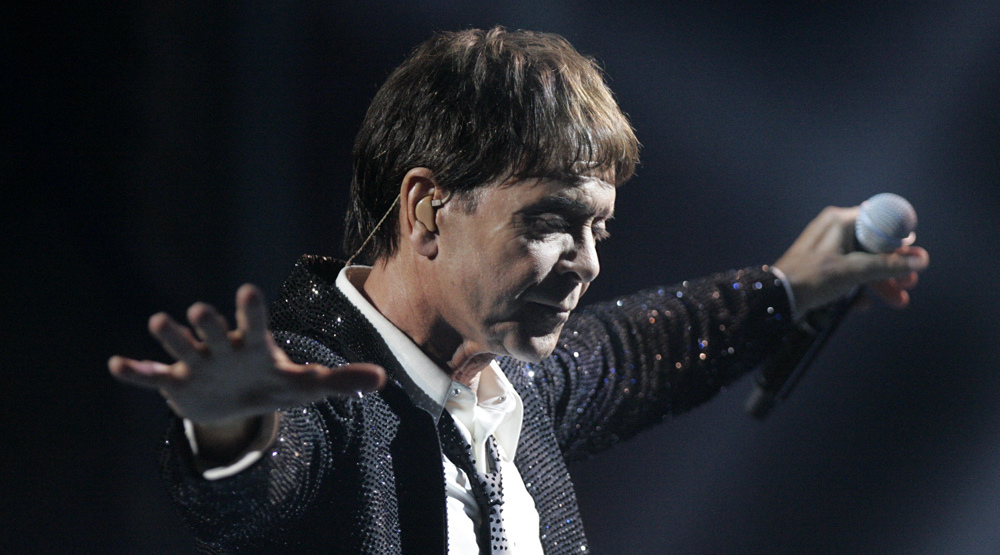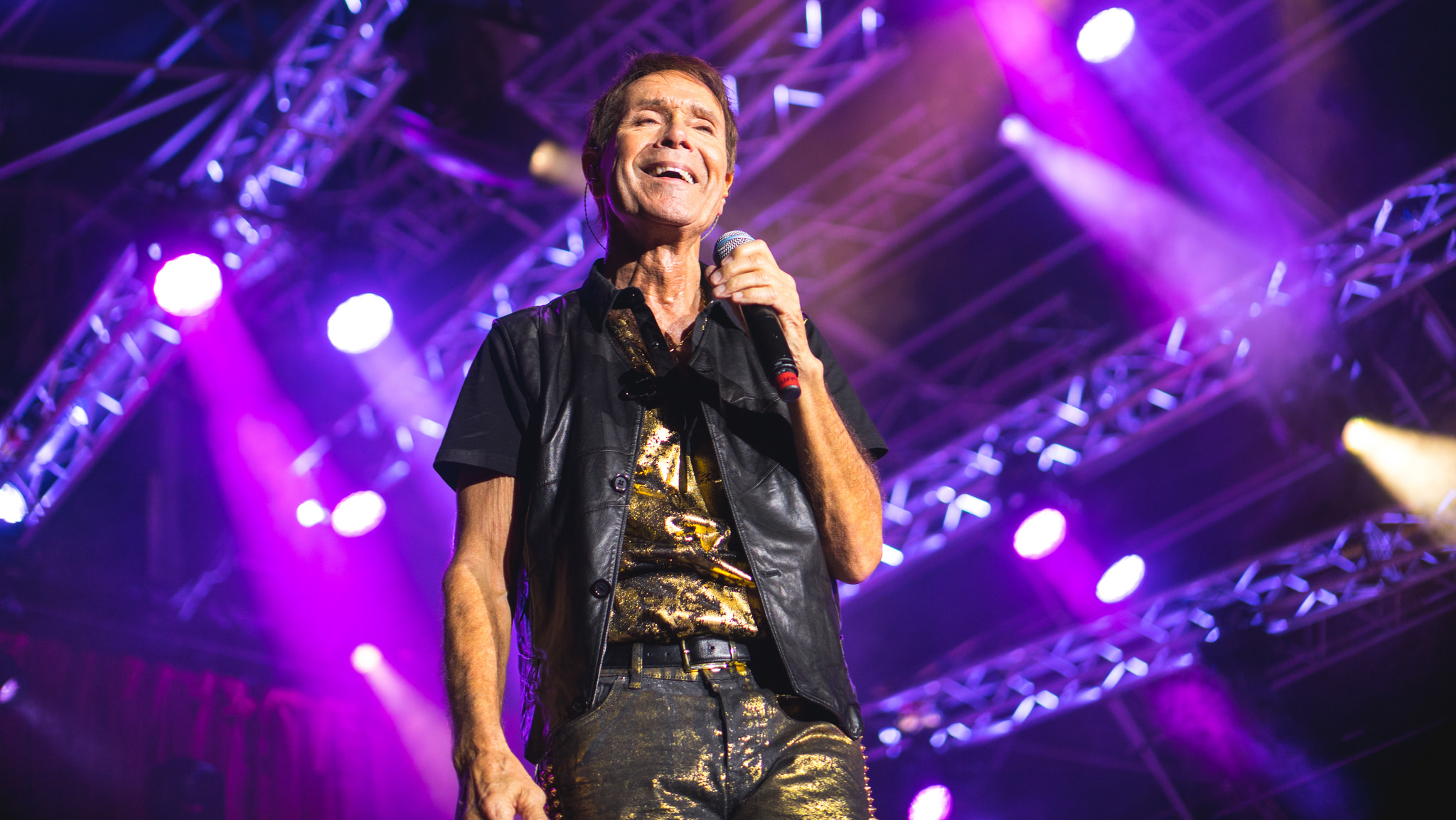Sir Cliff Richard has been awarded £210,000 in damages in a privacy case against BBC coverage of a police raid at his home in 2014.
The singer, who enojyed peak fame in the 70s, had sued the public broadcaster on the grounds of privacy and the Data Protection Act 1998, after they live broadcasted a raid at his house as it was happening.
While Mr Justice Mann did not find there was a breach of data protection, speaking at the High Court he did rule that the BBC had “infringed [Sir Cliff’s privacy rights] without legal justification”.
Hold Up, What’s The Story Here?

Image Credit: King’s Church International / Unsplash
Back in August 2014, South Yorkshire Police raided Sir Cliff Richard’s apartment. A confidential source had told a BBC journalist that Sir Cliff was being investigated in connection with an alleged sexual offence – an investigation which was subsequently dropped.
[The coverage] caused profound and lasting damage.
Justin Rushbrooke QC, Representing Sir Cliff Richards
The journalist then used this information to persuade South Yorkshire Police to tell him when the police were going to search Sir Cliff’s house. As a result, the BBC was able to broadcast the raid live on TV.
Cliff Richard sued both the BBC and South Yorkshire Police, arguing that his right to privacy had been violated causing him “profound and lasting damage”.
While South Yorkshire Police recently settled with Sir Cliff back in 2017, this new ruling is over the BBC’s involvement, with Mr Justice Mann awarding damages to the singer.
What Rights Come Into Play?

Image Credit: Geograph
There are several rights that came into play during this trial, all of them fundamental parts of our human rights, which are protected by law. The main consideration was weighing the right to privacy against the right to freedom of expression.
The Human Rights Convention protects all of our rights to a private and family life, while the right to freedom of expression protects both our rights to express ourselves, and also that of the press. This also links into the concept of ‘open justice‘, which means that the press is free to report on police and court proceedings, so that these institutions are also held accountable for their conduct.
The BBC infringed these rights without a legal justification. It did so in a serious and also somewhat sensationalist way. I have rejected the BBC’s case that it was justified in reporting as it did under its rights to freedom of expression and freedom of the press.
Mr Justice Mann, The High Court
However, both the right to privacy and the right to free expression are qualified, meaning they can be restricted in some circumstances.
In a summary of his verdict, Mr Justice Mann said: “I have found that this was a serious infringement of Sir Cliff’s privacy rights, in terms of what was disclosed, in terms of the manner of disclosure and in terms of the effect on Sir Cliff. The damage was substantial.”
“The BBC infringed these rights without a legal justification. It did so in a serious and also somewhat sensationalist way. I have rejected the BBC’s case that it was justified in reporting as it did under its rights to freedom of expression and freedom of the press.”
Earlier in the trial, the Court also had to decide on another key human rights question – should the BBC always be able to protect its sources? In this instance, it also ruled no.
And What Happens Now?

Image Credit: Eva Rinaldi / Flickr
Speaking outside court, Sir Cliff Richard said he was “choked up” at the judgement, adding that it was “wonderful news”.
In a statement, however, the BBC has indicated that they’re considering appealing the judgement, saying it sets a new precedent in terms of naming the subject of police investigations where no charges have been brought.
This impacts not just the BBC, but every media organisation. It will make it harder to scrutinise the conduct of the police and we fear it will undermine the wider principle of the public’s right to know. It will put decision making in the hands of the police.
BBC Statement
“This judgement creates new case law and represents a dramatic shift against press freedom and the long-standing ability of journalists to report on police investigations, which in some cases led to further complainants coming forward. This impacts not just the BBC, but every media organisation.
“This isn’t just about reporting on individuals. It means police investigations, and searches of people’s homes, could go unreported and unscrutinised. It will make it harder to scrutinise the conduct of the police and we fear it will undermine the wider principle of the public’s right to know. It will put decision making in the hands of the police.”







